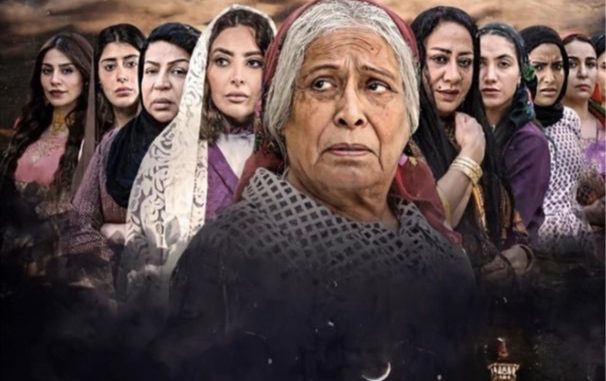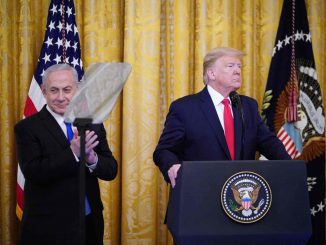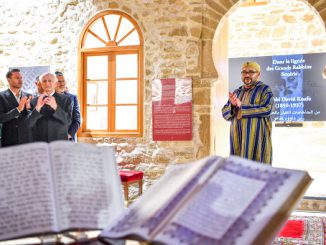
The series “Umm Haroun”, broadcast on MBC1 during Ramadan, caused a huge backlash in the media and on social networks because of its main theme, which in the eyes of many viewers is a clear attempt to promote normalization with Israel.
Many intellectuals, writers and journalists criticized the Saudi media group, which broadcasts the series on an exclusive basis, for spreading a new culture in the Gulf countries of presenting Israel as a friendly country in order to support the “deal of the century”, which Saudi Arabia and the United Arab Emirates defend. Critics of the show have called on the channel to stop broadcasting it. But its spokesman denied the accusations, just as he refused to stop the series from airing.
Furthermore, a number of intellectuals expressed their astonishment at the amalgam between Zionism as an ideology and belief, and Judaism as a religion, into which some people have fallen; stressing that the work highlights a historical reality that no one can deny, recalling the history of the Jews who lived in the Gulf, before the creation of the State of Israel in 1948.
Israeli newspapers also addressed the issue of the series that dealt with the question of normalization with Israel, which had been controversial in the Arab world. These include “Yediot Aharonot”, which wrote that the “Umm Haroun” series conveyed a political message that the Gulf States were paving the way for normalization with Israel.
Hayat Al-Fahad, the Kuwaiti actress and heroine of the series, defended the work, claiming that there is no reference to any particular country, and treated its critics as envious and enemies of success.
The idea of the series focused on the issue of the harmony that existed in Kuwaiti society between Muslims and Jews, to the point where the two communities had come close to accepting mixed marriages, and how that harmony had been transformed into injustice, discrimination and racism towards Jews after the creation of Israel, even to the point of banishing them from their homes, when they were an integral part of Arab societies.
The screenplay for this series was written by Mohammad Chams, and the director is the Egyptian Mohammed Jamal Al-Adl. The scenes were shot in the Arab Emirates. The series is produced by a Kuwaiti company and is broadcast on MBC1 in Saudi Arabia.




Be the first to comment